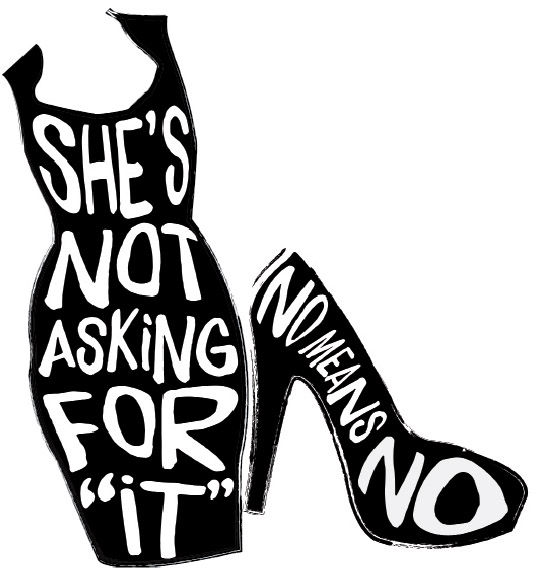EDITORIAL: WKU making strides in preventing sexual assualt but much more work still to be done
September 23, 2014
The issue: Sexual assault is a far too common occurrence on university campuses. Nationwide, higher education officials are taking a closer look at outdated policies, and WKU administrators are no exception.
Our stance: While WKU should be applauded for its increasingly aggressive measures to combat sexual assault, more is needed from both students and administrators to stop the violence.
Late last year, WKU took the first steps in a national initiative to tighten policies relating to sexual assault on campus. The university dusted off their Title IX initiatives and went to work assembling a task force to update policies and strengthen communication between victims of assault and faculty who can help.
Administrators tried to make sure no case fell through the cracks and each was handled appropriately. WKU has also had the Campus Safety Task Force in effect since May 2003 to aid in the reporting and prevention of campus crimes.
Policies that address sexual assault have gradually intensified across the nation. Ball State, Dartmouth and UNC Chapel Hill led the United States earlier this year in creating a more open communication between parties and administrators.
On Friday, President Barack Obama announced a public service campaign, “It’s on Us,” to urge young people to change the culture in their schools.
However, policies and celebrity ad campaigns alone cannot prevent sexual assault.
One out of five undergraduate women experience an attempted or completed sexual assault during their college years, according to a National Institute of Justice study. This problem is not limited to women. Sixteen percent of men have experienced some form of assault in their adolescence, according to awareness group OneinFour.org.
Activist and writer Stephanie Gilmore spoke at Downing Student Union last Wednesday about rape culture on college campuses. She said the eight forcible rapes accounted for between 2010 and 2012 at WKU would be accurate if the university had 100 students. With a student body of more 21,000, the number of assaults (assuming all were reported) would be roughly 4,000, in keeping with national trends.
So, what could be the cause of this discrepancy? It could stem from confusion regarding what constitutes as sexual assault. The Department of Justice defined “sexual assault” as “any type of sexual contact or behavior that occurs without the explicit consent of the recipient.” Simply put, if you didn’t ask for or consciously agree to a sexual act, you were assaulted.
Why care? Why bother? Because #notallmen attempts to downplay these assaults. Because #yesallwomen even exists. Because public victims of assault, like Rihanna or Janay Palmer, are questioned as to what they did to instigate the abuse.
Because “no” lacks gradients of meaning. Because catcalling out a dorm window isn’t warranted or funny behavior. Because grabbing a guy or girl you find attractive isn’t flirting, even if you feel like their tight clothes warrant the contact.
Because the assaulted party fears reporting the issue to avoid judgment and social stigma surrounding being a victim. Because no one is ever “asking for it.”
Because, for the sake of equality, we can make a difference. We have to make a difference.













